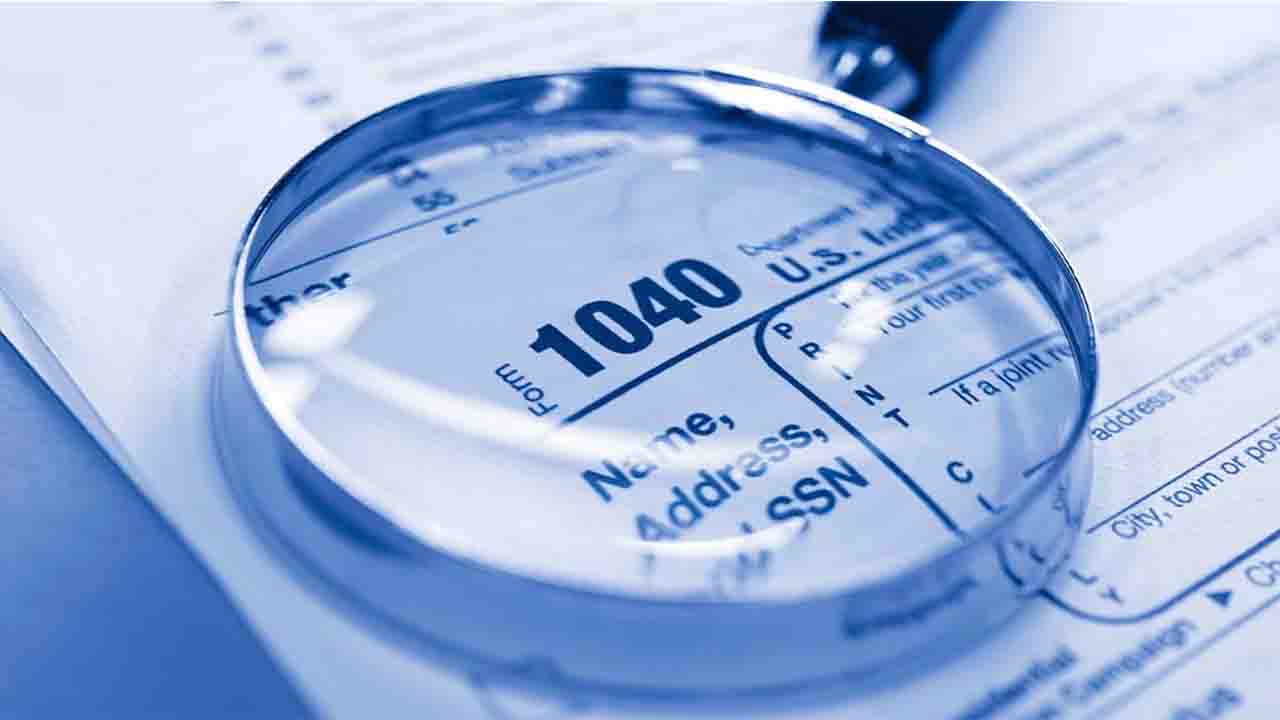Commonwealth _ This year, Canadians are facing several tax changes that are leading to increased costs, with one tax specialist likening it to the “last winter storm of the season” that could significantly impact financial dynamics. These changes span various areas, including higher income taxes and increased alcohol taxes. Here’s an overview of some key tax modifications affecting Canadians:
Federal Income-Based Taxes
According to a report from the Canadian Taxpayers Federation released in December 2023, significant alterations to Canada Pension Plan contributions and Employment Insurance premiums will result in higher federal income taxes for almost all Canadians in 2024. The Ottawa-based non-profit group, dedicated to tax reduction and government accountability, outlined that individuals across income brackets will be impacted.
Workers with an annual income of $30,000 can expect to pay an additional $9 in 2024.
Those earning at least $80,000 will face a more substantial increase, with an extra $347 in federal income taxes.
These adjustments are part of the government’s initiative, but they have raised concerns among taxpayers and sparked discussions about the overall impact on individuals’ financial well-being. It’s crucial for Canadians to stay informed about these tax changes and consider how they might affect their personal financial situations.
Changes to Employment Insurance (EI) rates and maximum annual insurable earnings have come into effect this year, impacting both employees and employers. Here’s an overview of the adjustments:
For Employees
The federal employment insurance rate has increased from 1.63% (applied to $61,500 in 2023) to 1.66% (applied to $63,200 in 2024). This results in employees paying a maximum annual premium of $1,049.12, representing a rise from the previous year.
For Employers
The rate for employers has risen from 2.28% in 2023 to 2.32% in 2024. Consequently, employers are now required to pay a maximum annual premium of $1,468.77, reflecting the increased rate.
For Quebec Residents
In Quebec, the EI rate has increased from 1.27% (for $61,500) to 1.32% (for $63,200). Quebec employees must contribute a maximum annual premium of $834.24 in 2024.
Employers in Quebec will now pay a higher rate, up from 1.78% to 1.85%, with their maximum annual contribution reaching $1,167.94. The Canadian Taxpayers Federation reports that since 2018, the EI premiums for both employees and employers have seen an increase of $191 and $267, respectively. These changes highlight the evolving landscape of EI contributions and the financial implications for both workers and businesses.
Federal Carbon Tax
Effective April 1, 2024, the federal carbon tax is set to increase from $65 per tonne to $80 per tonne. This adjustment applies to all taxpayers except those in Quebec. The rise in the carbon tax will result in an increase in the price per litre of gas, climbing to 17.6 cents from the previous 14.3 cents. As a consequence, filling up a 70-litre minivan will cost a family approximately $12.32 more.
Carbon Pricing Rebates
Canadians residing in provinces subject to the federal carbon tax are now eligible for carbon pricing rebates as part of the federal government’s Climate Action Incentive payment. These rebates, distributed every three months, vary based on the household size.
Alcohol Taxes
Starting April 1, 2024, the excise tax on beer, wine, and spirits will see a 4.7% increase due to the alcohol escalator tax. This adjustment is projected to cost taxpayers around $100 million for the current year and the following year.
Digital Services Tax Consumers can anticipate higher prices as a result of a new three per cent digital services tax, aimed at ensuring tech giants like Amazon, Uber, and Facebook contribute their fair share of taxes. This tax applies to businesses with annual worldwide revenues exceeding 750 million euros and annual Canadian digital services revenue surpassing $20 million. While the timing of this change was not confirmed by the Deputy Prime Minister’s Office at the time of publication








